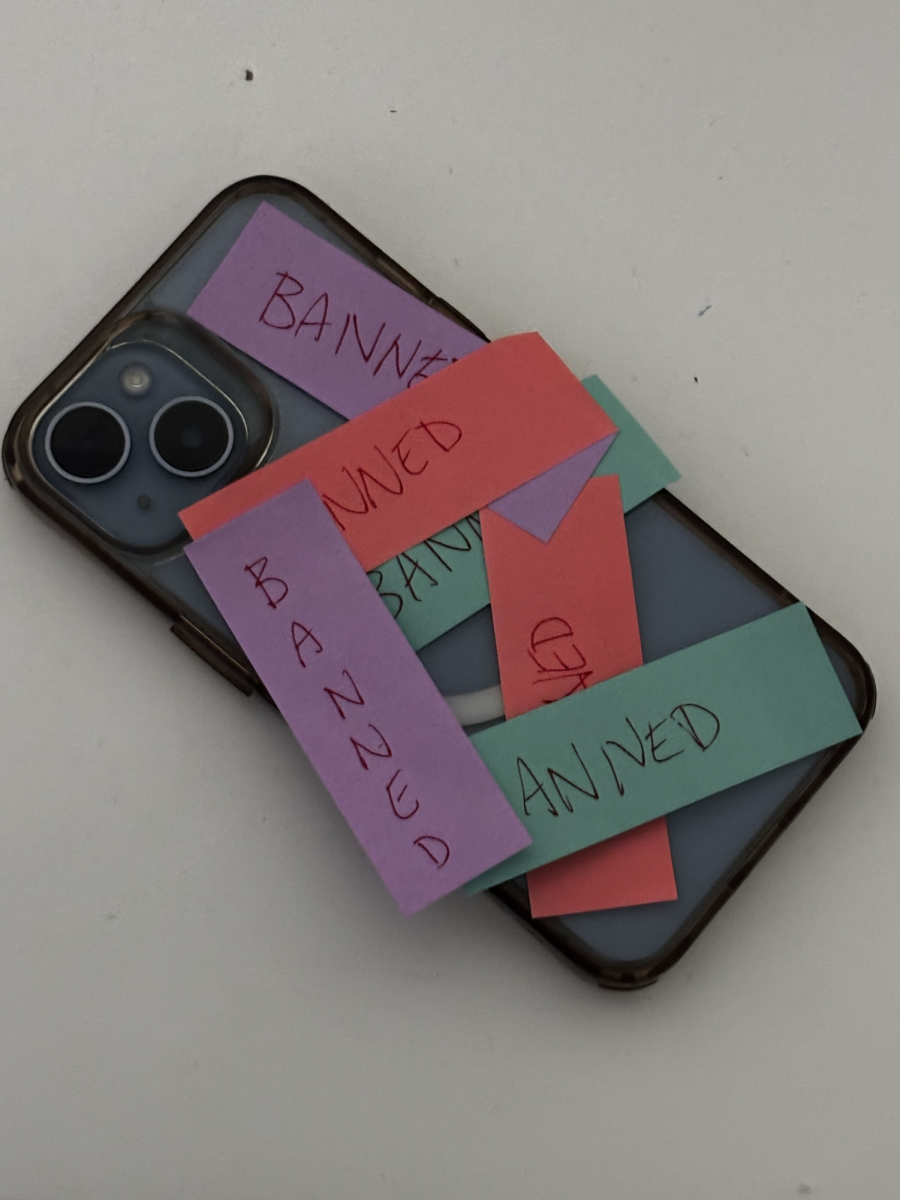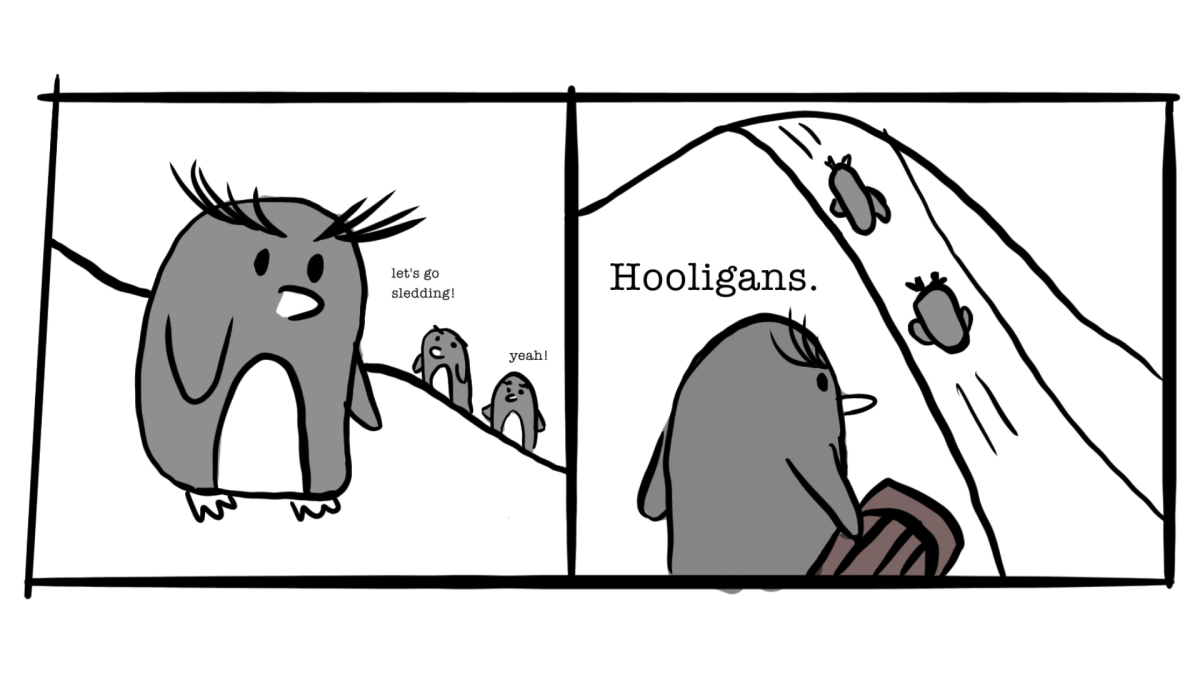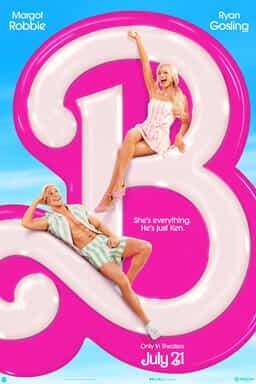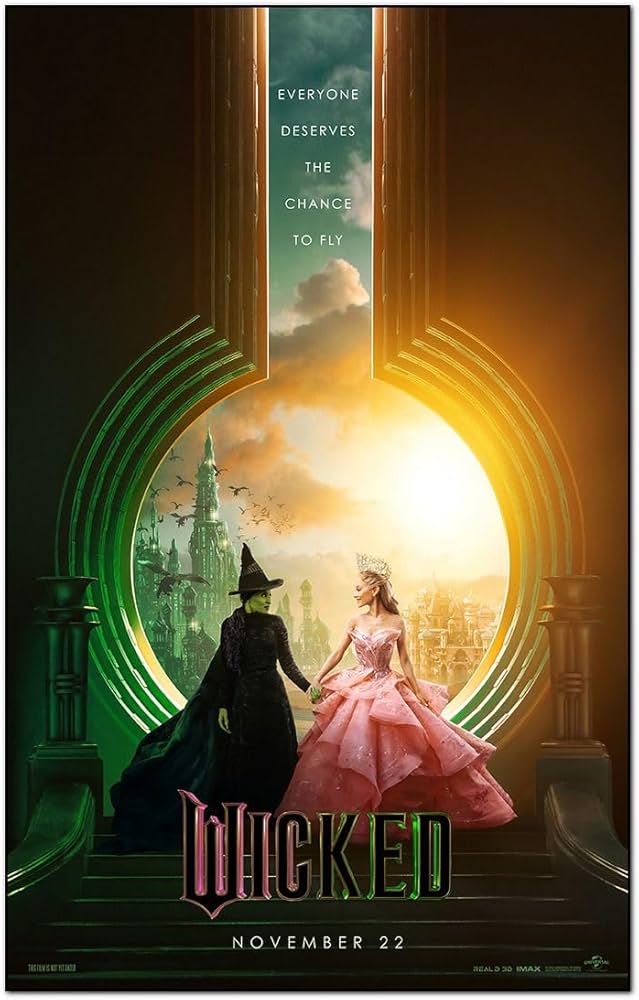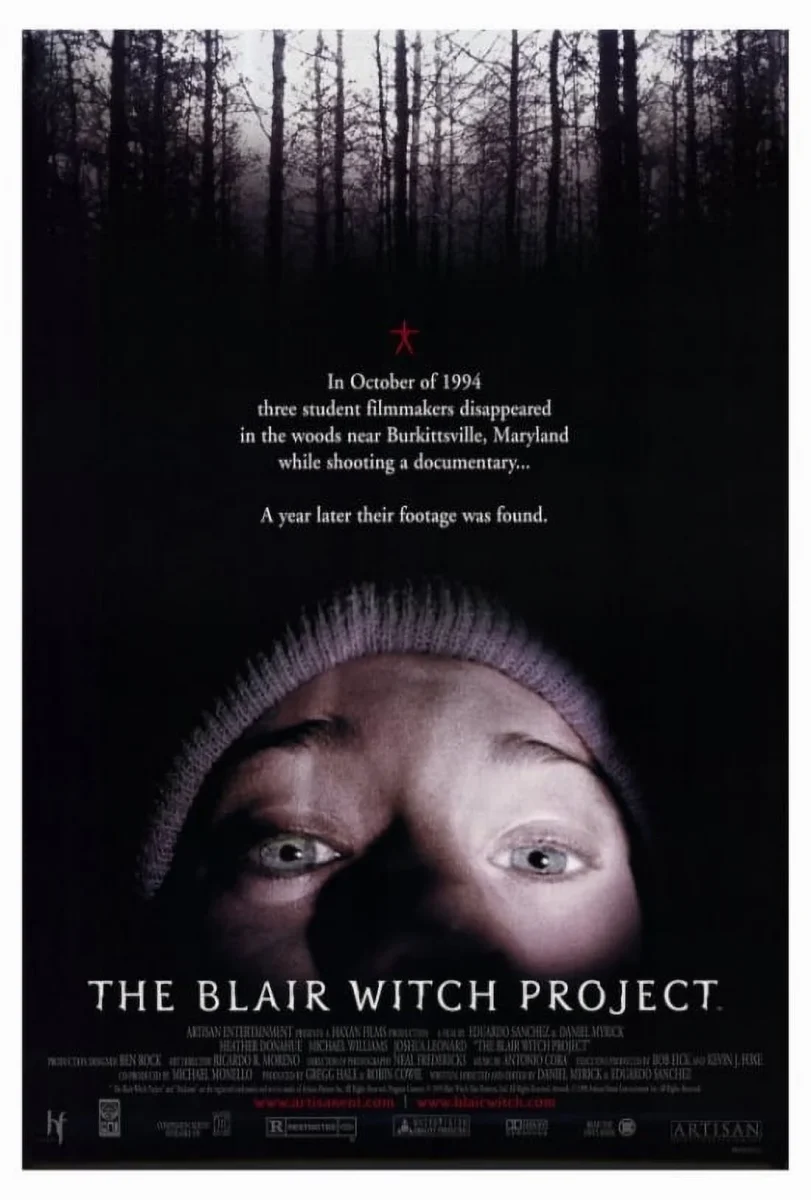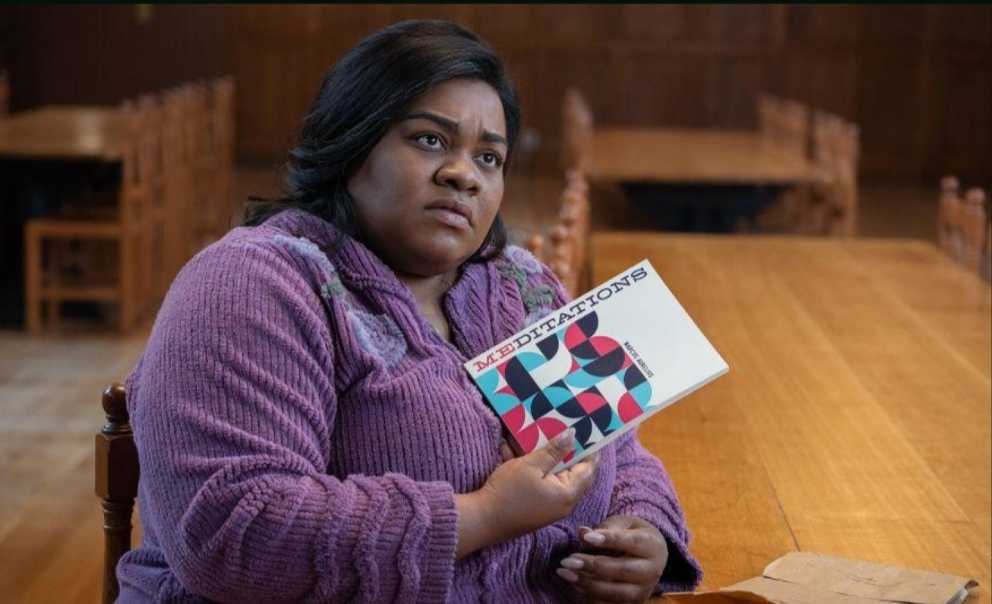If it wasn’t clear before, the release of “Cocaine Bear” a few months ago cemented the fact that the world of film today is really, really weird. Streaming services battle it out for control of viewers. Original titles seem to be everywhere, but it’s tough to find any with unique qualities. Mainstream studio movies are shunned by critics, while lower-budget indie films have oxymoronically morphed into high-budget indie films (A24 and Neon have led this charge, winning major awards while still branding themselves as “indie”). In the past several months, however, a new kind of movie has emerged, and it might just be the worst kind: the Internet movie.
A bear? On cocaine? How could you not watch it? Elizabeth Banks’ film is a textbook example of an Internet movie. The entirety of its considerable marketing budget is focused on selling a very specific image of itself: fun, wacky, and supremely meme-able. It’s funny, and who doesn’t like a funny movie? It’s gory to a ridiculous extent, and who doesn’t love that? Plus, it has a spectacular cast, with such stars as…that guy from “Modern Family.” And the beard dude from “Game of Thrones.” Look, it’s the guy who was in that one about the gangsters! I saw a TikTok from that! In short, it’s presenting itself as the most sumptuous, most glorious, most tempting movie that’s near impossible to resist.
Unfortunately, it’s terrible. “Cocaine Bear” is a shallow mess built around a handful of moments that Banks is hoping will go viral for their sheer ridiculousness. Regardless, a look at the box office performance tells the whole story. The film earned $89 million worldwide, for a budget of around $35 million. In the modern climate that prioritizes at-home streaming experiences, that profit is tremendous. It appears that a lot of people saw the trailer and actually wanted more. Judging from reviews, it seems like that want wasn’t sated satisfactorily.
In many ways, “Cocaine Bear” is the perfect Internet movie: an all-star cast, plenty of buzz, silliness galore, and near infinite potential for memes. However, another Internet movie is on the way, and if “Cocaine Bear” was a huge beast of a movie, this one is like ten huge beasts stacked on top of each other. There are many films I’m afraid of: “The Shining,” “Midsommar,” “It.” But none of these are half as terrifying as “Barbie.”
The world seems to be blind to repeating patterns between the upcoming blockbuster “Barbie” and “Cocaine Bear.” Both have stacked casts. If you thought “Cocaine Bear’s” lineup was good, wait for this: Margot Robbie, Ryan Gosling, Will Ferrell, Emma Mackey, Simu Liu, Michael Cera, America Ferrera, Kate McKinnon, Issa Rae, Hari Nef, Emerald Fennell, Ncuti Gatwa, Rhea Perlman, Kingsley Ben-Adir, Nicola Coughlan, Ritu Arya, Dua Lipa, Jamie Demetriou, and Helen Mirren. Oh, yeah, and John Cena. I’m panting just writing this. It’s everybody’s favorite celebrities, all in one glossy, colorful comedy! What more could you ask for?
If there was any doubt that this is an Internet movie, look at the memes. All of the memes. From Michael Cera looking disappointed to Barbie’s high heels, from Ryan Gosling with pink hair to the somehow already iconic “He’s just Ken,” the film has the Internet in a chokehold, and it’s quickly become buzzier than “The Bee Movie.” And then there are the character posters. If you haven’t been seeing the characters posters everywhere you look for the past few months, you’ve been living under a rock, and a very big rock at that. In the recent past, a select few moments have been immortalized as memes that capture the zeitgeist of our times. Emi Martinez’s crude World Cup celebration was big. Will Smith’s slap was bigger. But those character posters are something else. Titanic. Mammoth. All-encompassing. Through the sheer force of all the “Barbie” memes, the movie has become an iconic, explosive piece of pop culture…and it’s not even out yet. Similarly to “Cocaine Bear,” however, I’m doubtful that it can live up to the hype.
There’s no way a film could carry the same memes-per-minute ratio as the trailer, or, for that matter, maintain the same energy. Ninety minutes is a long time, and I just feel that the huge ambition and gigantic cast will be too much to manage. However…it’s directed by Greta Gerwig. That’s a big deal. Greta Gerwig is an Oscar-nominated filmmaker. To reiterate, movies she directed have been nominated for Oscars. Why on Earth would a director of her impressive caliber want to do this? It leads me to two theories. Number one, she wants money, an understandable motive, so she signed on to do this film and follow the studio’s aggressive marketing plan. Number two, she truly has a vision for the film and has made a great movie that transcends the memes. As nice as that would be, the cynic in me has to agree with the first theory.
“Barbie” and “Cocaine Bear” aren’t the only Internet movies out there. “Wonka,” the dark and gritty Willy Wonka origin story starring Timothee Chalamet, is scheduled for a December release. Let’s go back for a second and think about that sentence. A dark and gritty Willy Wonka origin story? That sounds terrible. Or is it so terrible that you just have to see it? The consensus on social media seems to be leaning towards the latter. In June, “Flamin’ Hot,” a movie about Cheetos, is coming out. Who would want to watch a movie about Cheetos? Twitter, probably.
My primary fear over the rise of the Internet movie is that this expensive marketing will overtake smaller films to an excessive point. Take 2022’s “Aftersun,” a beautiful indie movie that I’m extremely biased toward. Outside of the film community, very few people knew about it, and when Paul Mescal was nominated for an Oscar for his performance, many people had no clue what the film was. However, if you were to ask your grandfather what he knew about “Barbie,” he’d probably say he saw an article in the newspaper about people going crazy over it. Hence, my point. The buzz these Internet movies have been able to generate is unbelievable, and it makes you question whether any other films, regardless of cinematic quality, can compete.
Internet movies are on the rise, whether we like it or not. Are any of them good? Probably not. Can they be stopped? No one knows. The one thing we do know is that they’re showing no signs of stopping, for better or for worse.

